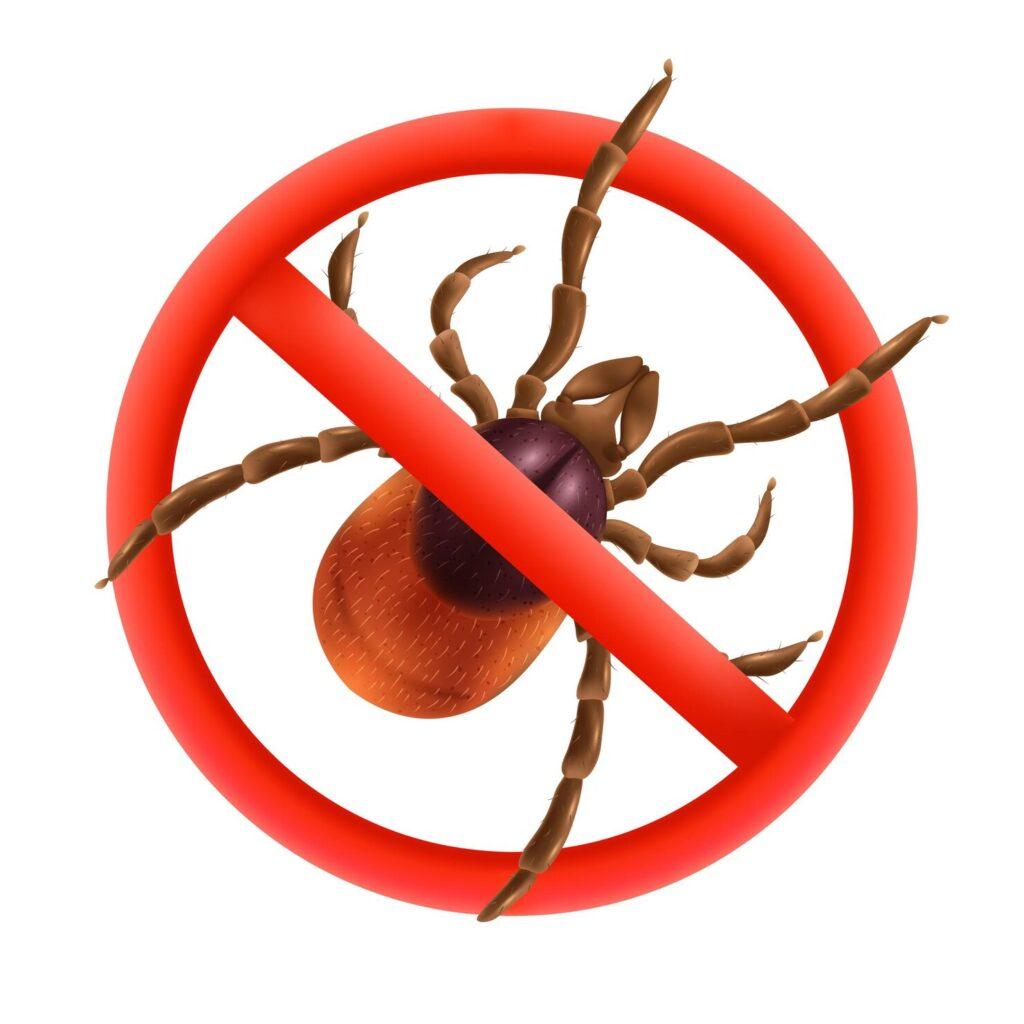Ticks are a major concern for pet owners in Nigeria due to the warm and humid climate, which provides an ideal environment for these parasites to thrive. Ticks can cause serious health issues in pets, including anemia, skin infections, and the transmission of deadly diseases such as babesiosis and anaplasmosis. To protect your pets, especially dogs, cats, rabbits, and horses, it is essential to understand effective tick prevention and treatment methods.
Understanding Ticks and Their Risks
Ticks are external parasites that feed on the blood of their hosts. They attach to animals and humans, transmitting diseases through their bites. The most common tick species in Nigeria that affect pets include:
- Rhipicephalus sanguineus (Brown Dog Tick) – Affects dogs and can transmit diseases such as ehrlichiosis.
- Haemaphysalis leachi – Affects rabbits and can cause severe anemia and infections.
- Dermacentor spp. – Common in horses, leading to skin irritation and potential disease transmission.
- Ixodes spp. – Affects cats and can spread bacterial infections such as Lyme disease and hemoplasmosis.
Reccomended;
- 10 Common Dog Skin Diseases and Conditions in Nigeria: Tips for Prevention
- Signs Your Pet Needs a Dental Checkup & How to Prevent Dental Issues
- Vaccination & Deworming for Pets in Nigeria: A Complete Guide
Tick Prevention Methods
Preventing ticks is the best way to protect your pets from tick-borne diseases. Here are some effective strategies:
1. Regular Grooming and Inspection
- Check your pets daily for ticks, especially around the ears, paws, and underbelly.
- Brush their fur and use a fine-toothed comb to remove any attached ticks.
2. Tick Control Products
- Use topical treatments such as tick-repellent shampoos, sprays, and powders.
- Apply spot-on treatments containing fipronil or permethrin, which effectively kill and repel ticks (for dogs and horses; consult a vet before using on cats and rabbits).
- Consider tick collars for long-lasting protection.
3. Environmental Management
- Keep your pet’s living area clean by trimming overgrown grass and bushes.
- Use tick-repellent chemicals in bedding areas and around the house.
- Regularly wash and disinfect pet bedding, cages, and stables.
4. Vaccination and Preventive Medication
- Some vaccines can help protect dogs and horses from tick-borne diseases.
- Consult a veterinarian for oral or injectable tick prevention medications for cats and rabbits.
Tick Treatment Methods
If your pet is already infested with ticks, take the following measures:
1. Manual Tick Removal
- Use tweezers or a tick remover tool to gently pull ticks off the skin.
- Do not twist or crush the tick, as this can cause infections.
- Disinfect the area with antiseptic after removal.
2. Medicated Baths and Sprays
- Use tick shampoos that contain acaricides like pyrethrin (for dogs and horses; check with a vet for cats and rabbits).
- Use vet-approved tick sprays for effective treatment.
3. Veterinary Treatment
- If your pet shows symptoms like fever, lethargy, or loss of appetite, seek veterinary care immediately.
- A veterinarian may prescribe antibiotics and anti-parasitic medications to treat tick-borne infections.
Protect Your Pets with Dulham Veterinary Clinic
At Dulham Veterinary Clinic, we provide expert tick prevention and treatment solutions for pets in Nigeria. Our experienced veterinarians offer:
- Professional tick removal services
- Customized tick prevention plans
- High-quality tick control products
- Vaccinations and treatment for tick-borne diseases
Book an appointment today! Call us or visit our clinic for the best care for your dogs, cats, rabbits, and horses.
- Visit Us
- No 23 Crown Court Estate 2, Orunbe close , Oniru. Victoria Island, Lagos.
- Phone Us
- 0806 632 9826
- Mail Us
- help@dulhamvetclinic.com
Frequently Asked Questions (FAQs) About Tick Prevention
1. How often should I check my pet for ticks?
It is recommended to check your pet daily, especially if they spend time outdoors.
2. Can ticks spread diseases to humans in Nigeria?
Yes, some ticks carry diseases like Lyme disease and tick-borne relapsing fever that can affect humans.
3. Are home remedies effective for tick control?
Some natural remedies, like neem oil and apple cider vinegar, may help, but they are not as effective as veterinary-approved treatments.
4. What should I do if my pet has a severe tick infestation?
Seek veterinary care immediately. Your pet may need professional tick removal, medications, or vaccinations to prevent infections.
5. How can I prevent ticks on my pet cats, rabbits, and horses?
For cats, use vet-approved flea and tick treatments, and keep them indoors when possible. For rabbits, ensure clean bedding and use vet-approved tick repellents. For horses, regular grooming, pasture management, and acaricide sprays help keep ticks at bay.
By following these prevention and treatment methods, you can ensure the health and well-being of your pets in Nigeria. For expert veterinary care, trust Dulham Veterinary Clinic to keep your pets tick-free and healthy!

